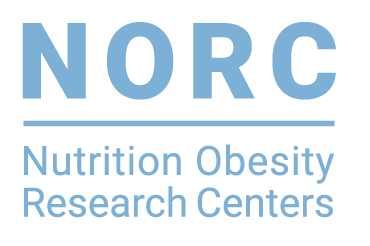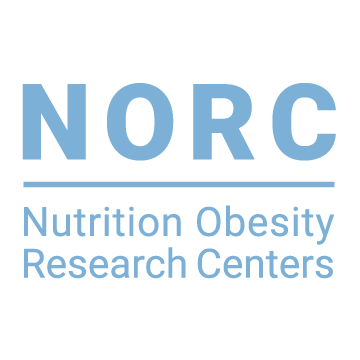Abstract
SLC30A8 encodes a zinc transporter in the beta cell, and individuals with a common missense variant in this gene experience a lower early insulin response to glucose and an increased risk of type 2 diabetes. We hypothesized that zinc supplementation may improve insulin secretion in a genotype-dependent manner. To test this hypothesis, we evaluated the early insulin response to glucose (using frequently sampled intravenous glucose tolerance testing) by SLC30A8 genotype before and after 14 days of supplementation with oral zinc acetate twice daily in 55 healthy non-diabetic Amish individuals.
Key Findings
Individuals with the risk allele had the lowest insulin response to glucose at 5 and 10 min at baseline and after zinc supplementation, experienced smaller increases in the insulin response to glucose at 5 and 10 min, respectively, compared to subjects without the risk allele. We observed reciprocal decreases in proinsulin:insulin in risk allele carriers, suggesting a genotype-specific improvement in insulin processing. Zinc supplementation appears to affect the early insulin response to glucose differentially by SLC30A8 genotype and could be beneficial for diabetes prevention and/or treatment for some individuals based on SLC30A8 variation.
Citation
- Maruthur NM, Clark JM, Fu M, Linda Kao WH, Shuldiner AR. Effect of zinc supplementation on insulin secretion: interaction between zinc and SLC30A8 genotype in Old Order Amish. Diabetologia. 2015 Feb;58(2):295-303. PMID: 25348609; PMCID: PMC4505931.
Read More: Diabetologia
Research Details
- Research Center: Mid-Atlantic, Maryland
- Center Contribution: The Mid-Atlantic NORC provided support to this study for subject recruitment, clinical assessment, genotyping, and statistical analysis.



